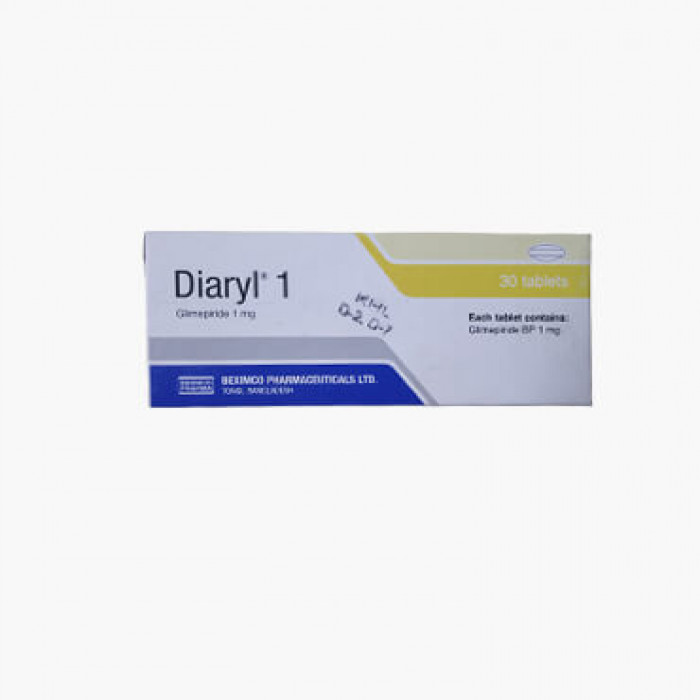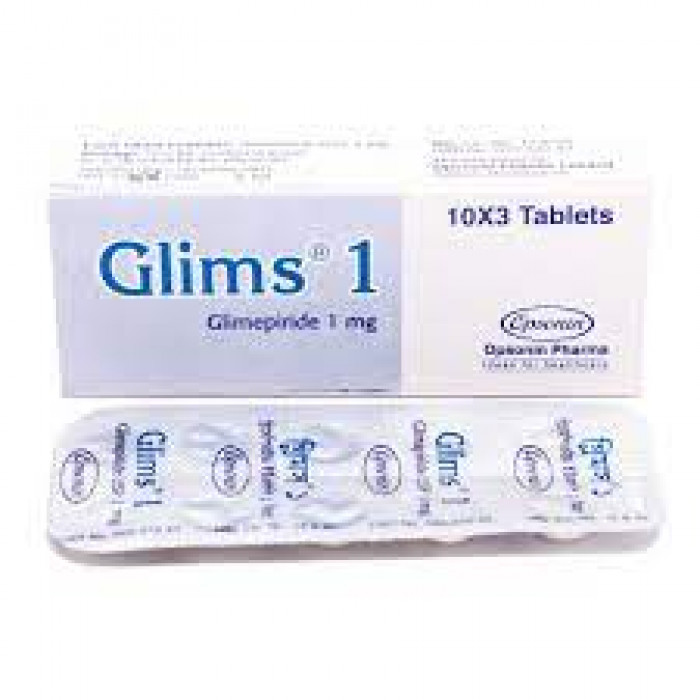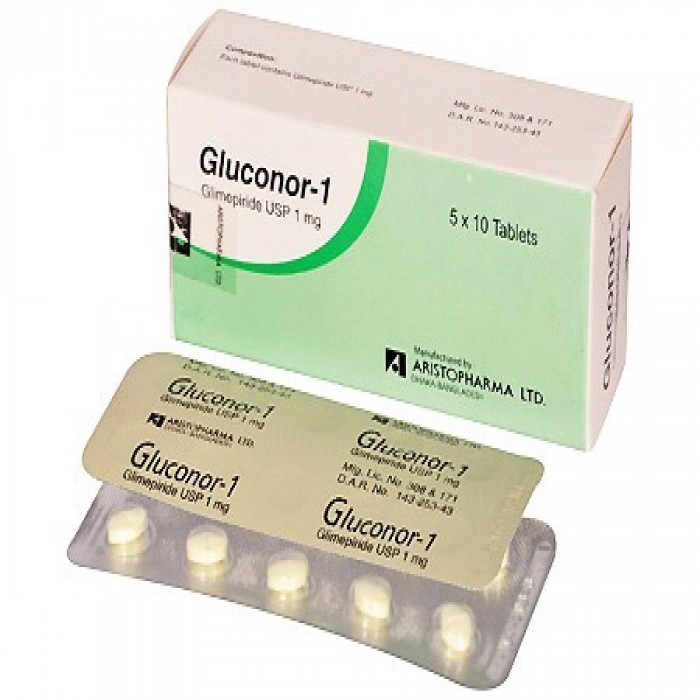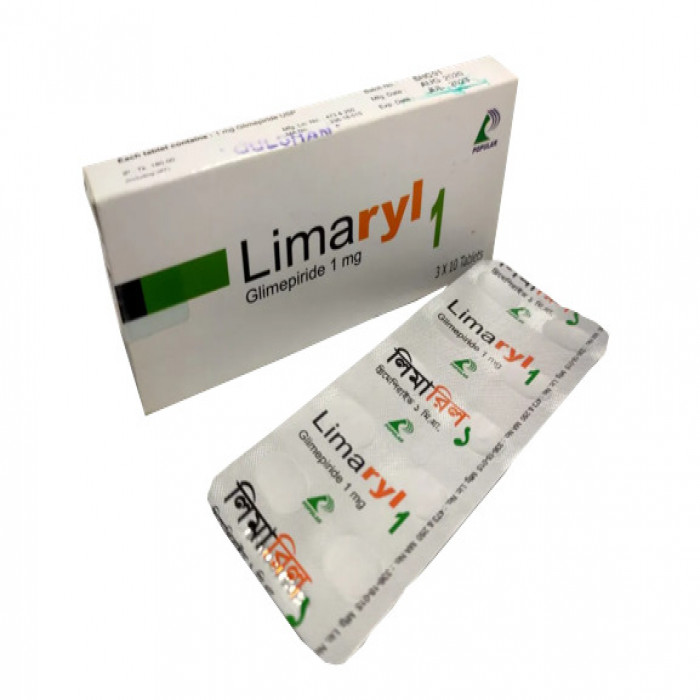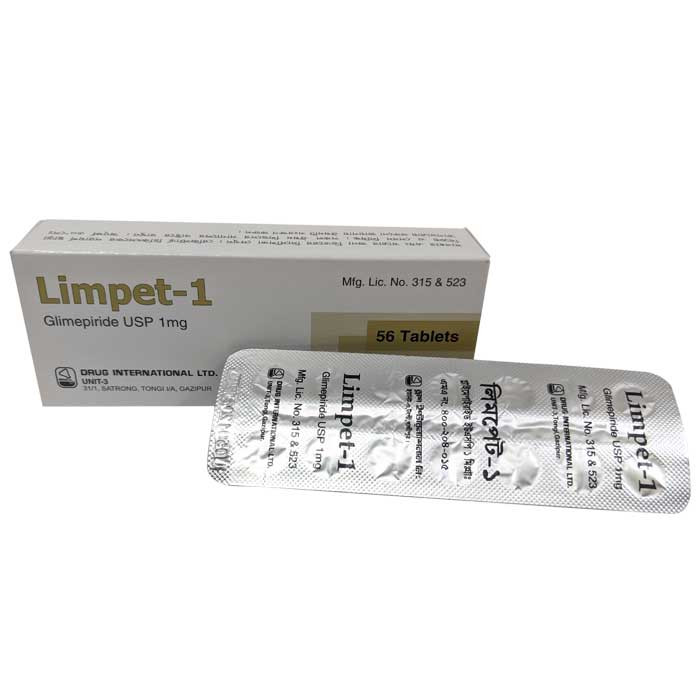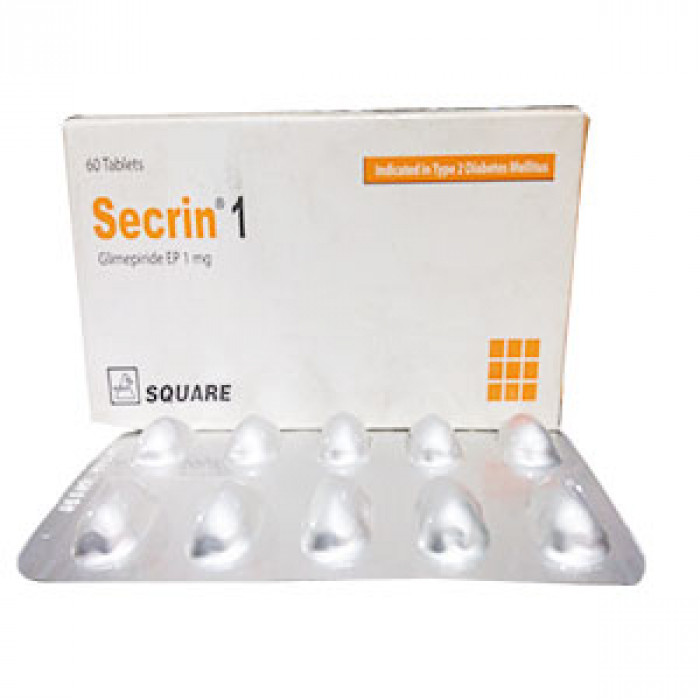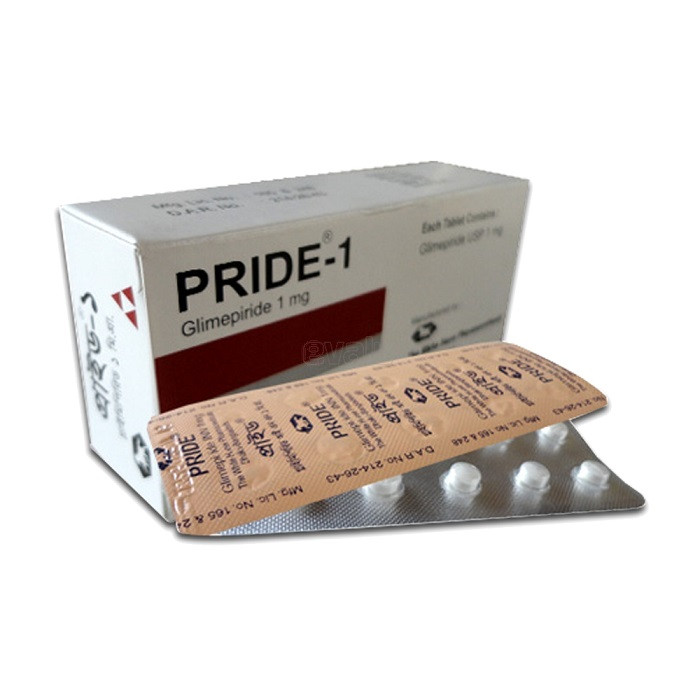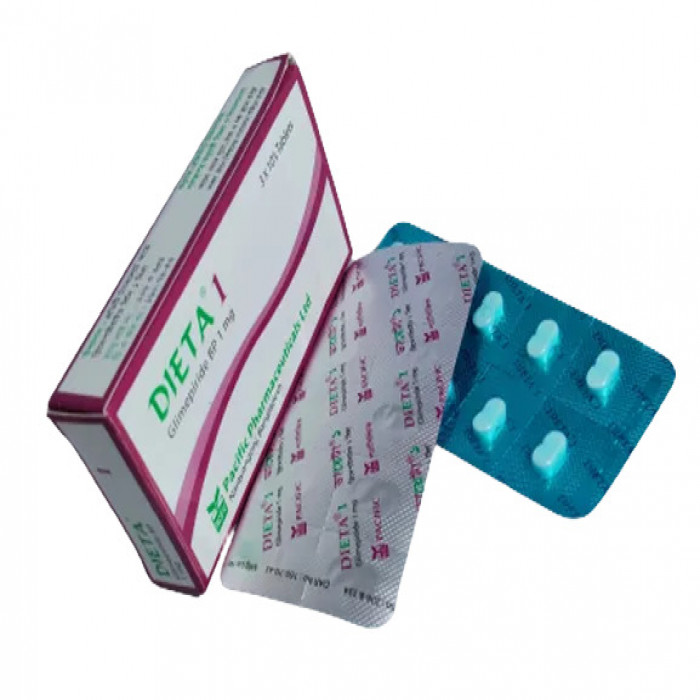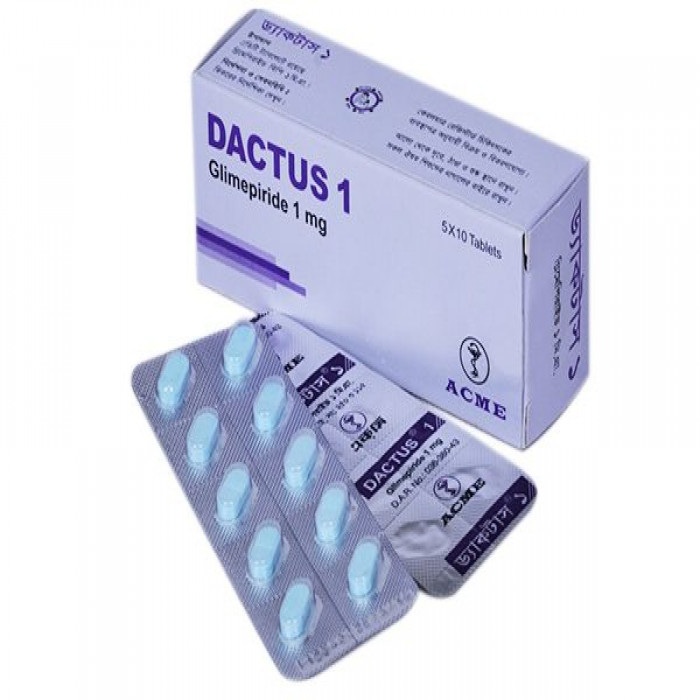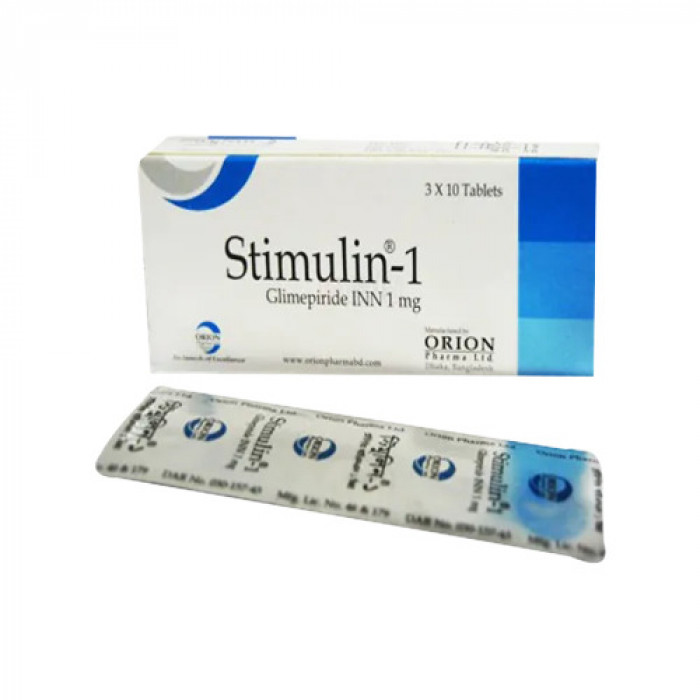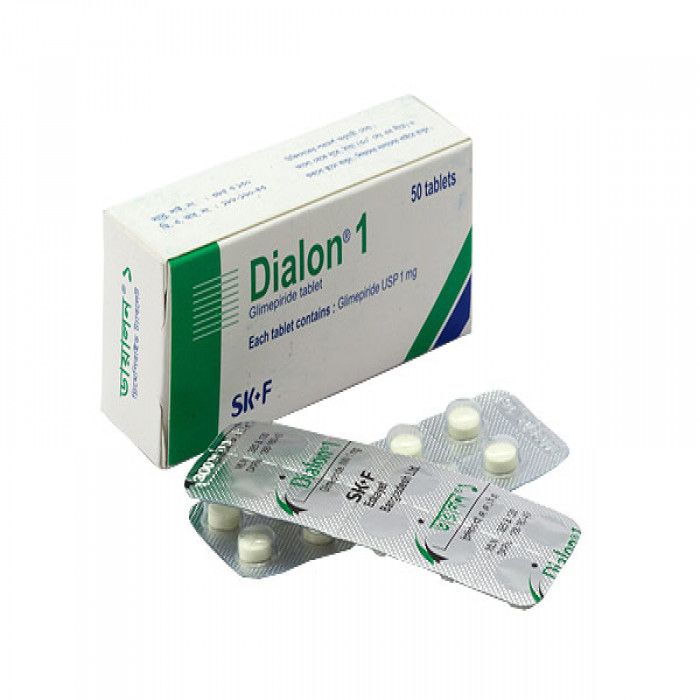

✔ 100% Authentic Product

100% Genuine Products, Guaranteed
Safe & Secure Payments, Always
Fast, Secure & Efficient Delivery
Proper Packaging
Cashback offer(Optional):
- 🏷 Coupon CASH55 ✔️ Get ৳55 back - for Ordering ৳500+
- 🏷 Coupon CASH120 ✔️ Get ৳120 back - for Ordering ৳1200+
- 🏷 Coupon CASH200 ✔️ Get ৳200 back - for Ordering ৳2500+
- 🏷 Coupon CASH300 ✔️ Get ৳300 back - for Ordering ৳3500+
- 🏷 Coupon CASH400 ✔️ Get ৳400 back - for Ordering ৳4500+
- 🏷 Coupon CASH500 ✔️ Get ৳500 back - for Ordering ৳5500+
- 🔹 Delivery charge is applicable for Cashback offer
- 🔹 Foreign manufacturer products are not applicable for Cashback offer
Show More
 Cash on Delivery - All over Bangladesh
Cash on Delivery - All over Bangladesh Urgent Delivery - 2 Hours Dhaka City
Urgent Delivery - 2 Hours Dhaka City ফ্রি ডেলিভারি! - ১৪৯৯ টাকা+ অর্ডারে ঢাকা
শহরে ।
ফ্রি ডেলিভারি! - ১৪৯৯ টাকা+ অর্ডারে ঢাকা
শহরে । ফ্রি ডেলিভারি! - ২৯৯৯ টাকা+ অর্ডারে ঢাকার
বাহিরে ।
ফ্রি ডেলিভারি! - ২৯৯৯ টাকা+ অর্ডারে ঢাকার
বাহিরে ।
✅ Description:
Dialon 1 is a medicine used to treat type 2 diabetes mellitus in adults. It belongs to a group of medicines called sulfonylureas and helps control blood sugar levels in people with diabetes. This helps to prevent serious complications of diabetes like kidney damage and blindness. Dialon 1 may be used alone or along with other medicines. It should be taken just before or with the first meal of the day. Take it regularly at the same time each day to get the maximum benefit. Your doctor will decide what dose is best for you and this may change from time to time according to your blood sugar levels. Keep taking this medicine, even if you feel well or your blood sugar levels are controlled. If you stop it without consulting your doctor, your blood sugar levels could rise and put you at risk of kidney damage, blindness, nerve problems and loss of limbs. Remember that it is only part of a treatment program that should also include a healthy diet, regular exercise and weight reduction as advised by your doctor. Your lifestyle plays a big part in controlling diabetes. The most common side effects of taking this medicine include low blood sugar levels (hypoglycemia), nausea, headache, and dizziness. Make sure you recognize the signs of having low blood sugar levels, such as sweating, dizziness, headache, and shaking and know how to deal with them. To prevent this, it is important to have regular meals and always carry a fast-acting source of glucose such as sugary food or fruit juice with you. Drinking alcohol can also increase your risk of low blood sugar levels and hence should be avoided. Some people may experience an increase in weight with this medicine. You should not take it if you have type 1 diabetes mellitus, diabetic ketoacidosis (high levels of acid in your blood), or if you have severe kidney or liver disease. Before taking this medicine, tell your doctor if you have ever had heart disease, thyroid disease or some hormonal conditions, as it may not be suitable. Pregnant or breastfeeding women should also consult their doctor before taking it. Your blood sugar levels should be checked regularly and your doctor may also advise blood tests to monitor your blood cell counts and liver function.
Uses of Dialon 1
- Type 2 diabetes mellitus
Side effects of Dialon 1
Common
- Hypoglycemia (low blood glucose level)
- Headache
- Nausea
- Dizziness
How to use Dialon 1
Take this medicine in the dose and duration as advised by your doctor. Swallow it as a whole. Do not chew, crush or break it. Dialon 1 is to be taken with food.
How Dialon 1 works
Dialon 1 is an antidiabetic medication. It works by increasing the amount of insulin released by the pancreas in order to lower blood glucose.
What if you forget to take Dialon 1?
You should skip a dose of Dialon 1 if a meal is skipped, and add a dose of medicine if you eat an extra meal.
Quick Tips
- Take it shortly before or with the first main meal of the day (usually breakfast). Avoid skipping meals.
- Exercise regularly, eat a healthy diet and take your other diabetes medicines (if prescribed) alongside.
- Monitor your blood sugar level regularly while you are taking this medicine.
- Be careful while driving or operating machinery until you know how Dialon 1 affects you.
- It can cause hypoglycemia (low blood sugar level) when used with other antidiabetic medicines, alcohol or if you delay or miss a meal.
- Always carry some sugary food or fruit juice with you in case you experience hypoglycemic symptoms such as cold sweats, cool pale skin, tremor and anxiety.
- Your doctor may check your liver function regularly. Inform your doctor if you develop symptoms, such as abdominal pain, loss of appetite, or yellowing of the eyes or skin (jaundice).
Brief Description
Indication
Type 2 DM
Administration
Should be taken with food. Take immediately before or during breakfast, or the 1st main meal of the day. Do not skip meals.
Adult Dose
Oral Type 2 diabetes mellitus Adult: Initially, 1-2 mg daily. May be increased in increments of 1-2 mg at intervals of 1-2 wk. Maintenance: 4 mg daily. Max: 6 mg daily. Elderly: Initially, 1 mg once daily. Hepatic impairment: Severe: Contraindicated.
Child Dose
Safety and efficacy not established
Renal Dose
Renal impairment: 1 mg PO qDay; titrate dose based on fasting blood glucose levels Severe: Contraindicated.
Contraindication
Diabetic ketoacidosis with or without coma.
Mode of Action
Glimepiride stimulates the insulin release from pancreatic beta-cells and reduces glucose output from the liver. It also increases insulin sensitivity at peripheral target sites.
Precaution
Increased risk of CV mortality. Elderly; hepatic and renal impairment. Syndrome of inappropriate secretion of antidiuretic hormone (SIADH) in patients with CHF or hepatic cirrhosis. Monitor blood-glucose concentration. Pregnancy, lactation. Lactation: Excretion in milk unknown; avoid
Side Effect
>10% Hypoglycemia (4-20%) 1-10% Dizziness (1.7%),Asthenia (1.6%),Headache (1.5%),Nausea (1.1%) <1% Allergic skin reactions,Erythema,Morbilliform or maculopapular eruptions,Pruritus,Urticaria,Diarrhea,Gastrointestinal pain,Vomiting,Agranulocytosis,Anemia,Aplastic anemia,Leukopenia,Pancytopenia,Thrombocytopenia, hemolytic,Cholestasis,Elevation of liver enzyme levels,Hepatic porphyria reactions,Jaundice (rare),Disulfiram-like reactions,Hyponatremia
Interaction
Salicylates, sulfonamides, chloramphenicol, clarithromycin, coumarin anticoagulants, probenecid, CYP2C9 inhibitors, fibric acid derivatives, disopyramide, fluoxetine, quinolones, ACE inhibitors, MAOIs and ?-blockers may potentiate the hypoglycaemic action of glimepiride. Thiazides and other diuretics, corticosteroids, phenothiazines, thyroid products, oestrogens, phenytoin, nicotinic acid, sympathomimetics and CYP2C9 inducers may reduce hypoglycaemic effect of glimepiride. Reduced plasma concentration w/ colesevelam.
Disclaimer:
ePharma sole intention is to ensure that its consumers get proper
information as musch as possible. Although we do not guarantee the
accuracy and the completeness of the information that provided and
here information is for informational purposes only.
The information contained herein should NOT be used as a substitute
for the advice of a qualified physician. This may not cover
everything about particular health conditions,
lab tests, medicines, all possible side effects, drug interactions,
warnings, alerts, etc. Please consult your healthcare professional
and discuss all your queries related to any disease or medicine. We
intend to support, not replace, the doctor-patient relationship.




